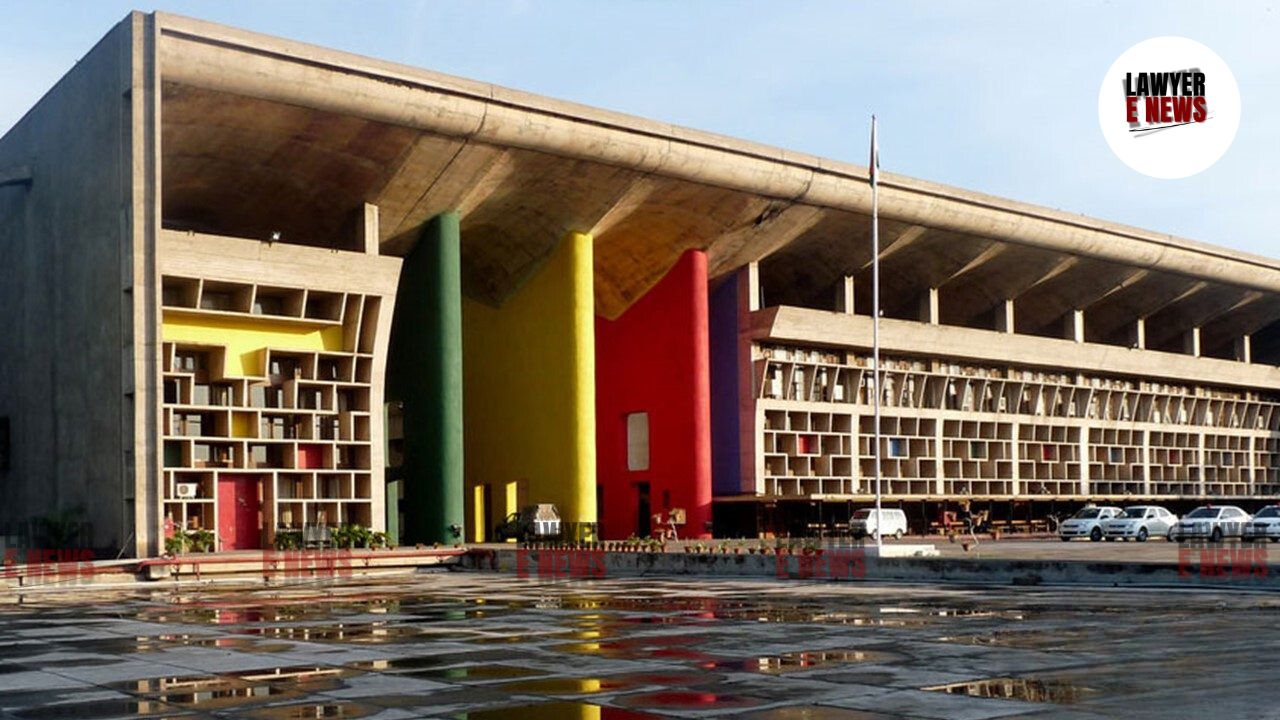-
by Admin
15 February 2026 5:35 AM



In a significant ruling, the Punjab and Haryana High Court has directed the Tender Evaluation Committee (TEC) of Haryana Power Generation Corporation Limited (HPGCL) to re-examine the grievances raised by M/s Barjora Mining Private Limited regarding its disqualification from a tender process. The Court's order, passed by a bench comprising Justices Arun Palli and Vikram Aggarwal, emphasizes the importance of a thorough and transparent review process, particularly in light of the substantial financial implications involved.
Facts of the Case: The case revolves around a tender issued by HPGCL for the selection of a Mine Developer and Operator (MDO) for the Kalyanpur-Badalpara Coal Block in Jharkhand. M/s Barjora Mining Private Limited, a joint venture company based in Kolkata, submitted its bid but was subsequently declared non-responsive by the TEC. The rejection was based on the company's failure to meet specific criteria outlined in the tender notice. The petitioner challenged this decision, alleging that the rejection was arbitrary and lacked a clear rationale, especially since their bid was significantly lower than the next qualifying bid.
Court Observations and Views:
Reconsideration of Bid Disqualification: During the hearing, the Court noted that the primary issue at hand was the TEC's interpretation of the "Direct Holding Company" requirement, which the petitioner argued was incorrectly applied. The Court acknowledged that the petitioner had provided all necessary documents showing compliance with the tender's joint venture requirements, including the minimum equity shareholding by each promoter. Despite this, the TEC declared the bid non-compliant without providing a detailed explanation.
Role of the TEC: The High Court emphasized the critical role of the TEC in ensuring that the tender process is conducted fairly and transparently. The bench directed the TEC to reassess the petitioner's concerns and to provide a reasoned order, ensuring that both the petitioner and the currently adjudged lowest bidder (L1), AMR India Limited, are heard before any final decision is made.
Legal Reasoning: The Court's order highlights the importance of due process in tender evaluations, particularly when the outcome has significant financial consequences. By directing the TEC to reconsider its decision, the Court underscored the necessity for transparency and accountability in public procurement processes. "This Court is sanguine that the TEC would examine the matter in the right earnest, and pass the appropriate orders, assigning reasons in support thereof," the bench remarked.
Conclusion: The Punjab and Haryana High Court's directive for re-evaluation of the tender process underscores the judiciary's commitment to ensuring fairness in public procurement. The ruling is expected to set a precedent for the meticulous examination of grievances in similar cases, reinforcing the need for transparency in government contracting. The TEC's forthcoming decision, based on this re-examination, will be closely watched for its adherence to the principles of fairness and reasonableness.
Date of Decision: 22.08.2024
